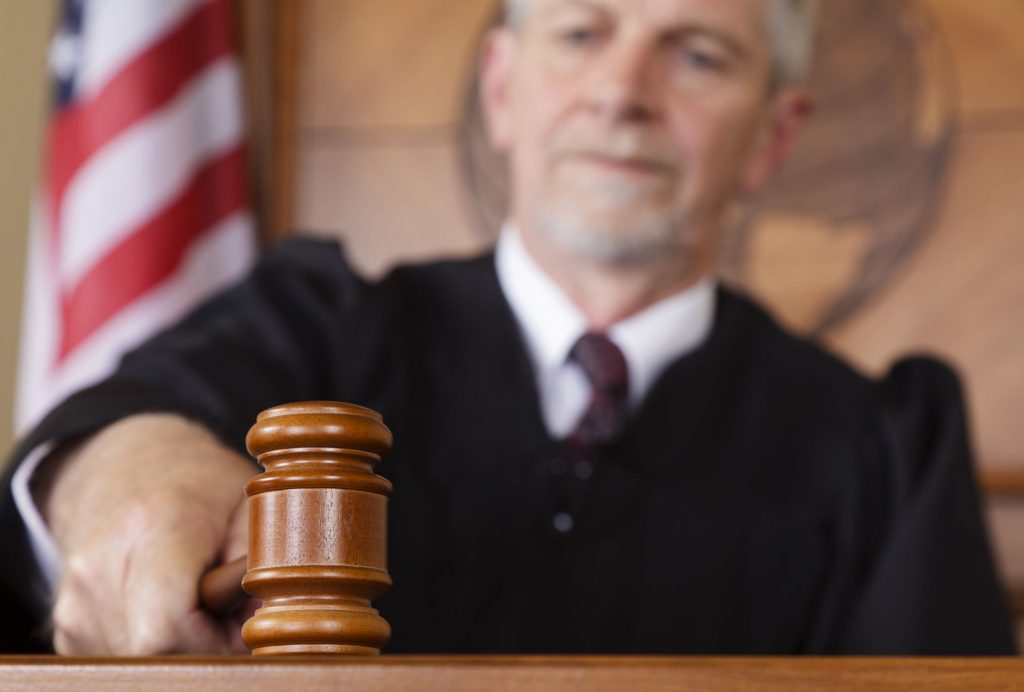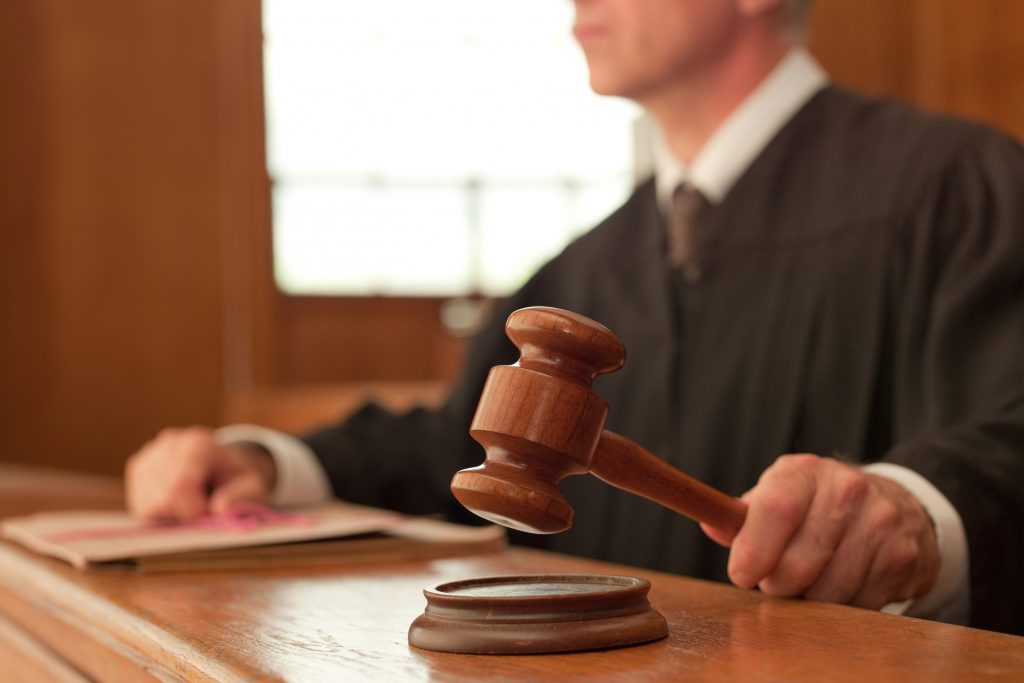When we talk about a criminal case, the main actors are the U.S. Attorney and the Grand
Jury. So, it is a difference between a criminal case and a civil case. An attorney represents the U.S. in most court proceedings, dealing with all criminal prosecutions.

The grand jury reviews the evidence presented by the attorney and decides whether it is sufficient to require a defendant to stand trial. The burden of proof in a criminal trial is on the government. The government must provide evidence to convince the jury of defendant’s guilt.
The standard of proof in a criminal trial gives the prosecutor a much greater burden than the plaintiff in a civil trial. The defendant must be found guilty “beyond a reasonable doubt,” which means the evidence must be so strong that there is no reasonable doubt that the defendant committed the crime.
A judge has to analyze the investigation reports and tell if the defendant should be in the jail during the trial, he has to find out which is the criminal act and how the defendant has committed it. If a criminal doesn’t have the possibility to afford a lawyer, the instance will let him know if he has the right to have one. The defendant should take a drug test and other investigations.

More the 90% of defendants plead guilty, and for those who do this, the judge imposes a sentence, or schedule a later hearing to determine the sentence based on the investigations. If the criminal doesn’t plead guilty, the judge will schedule a trial.




